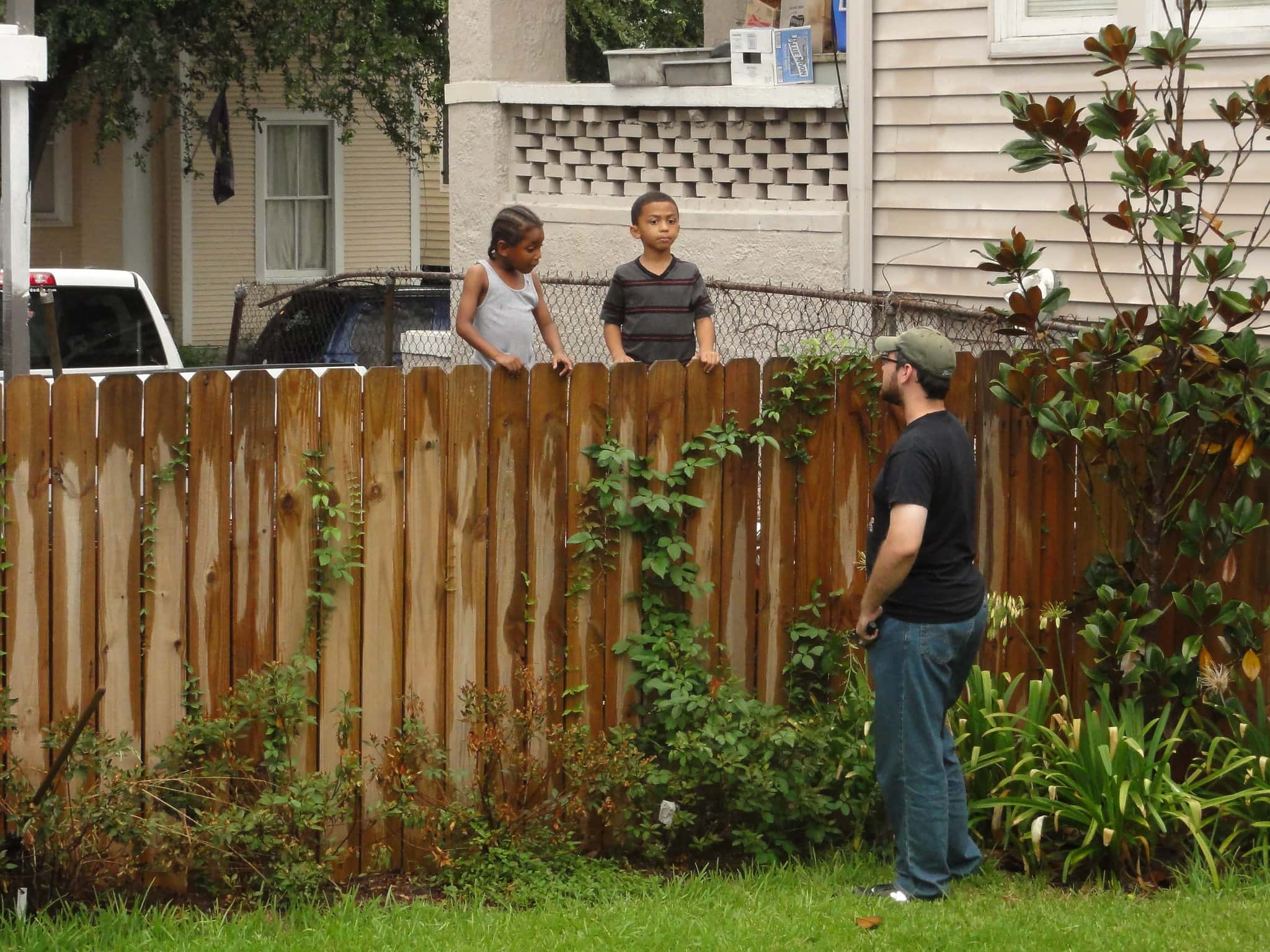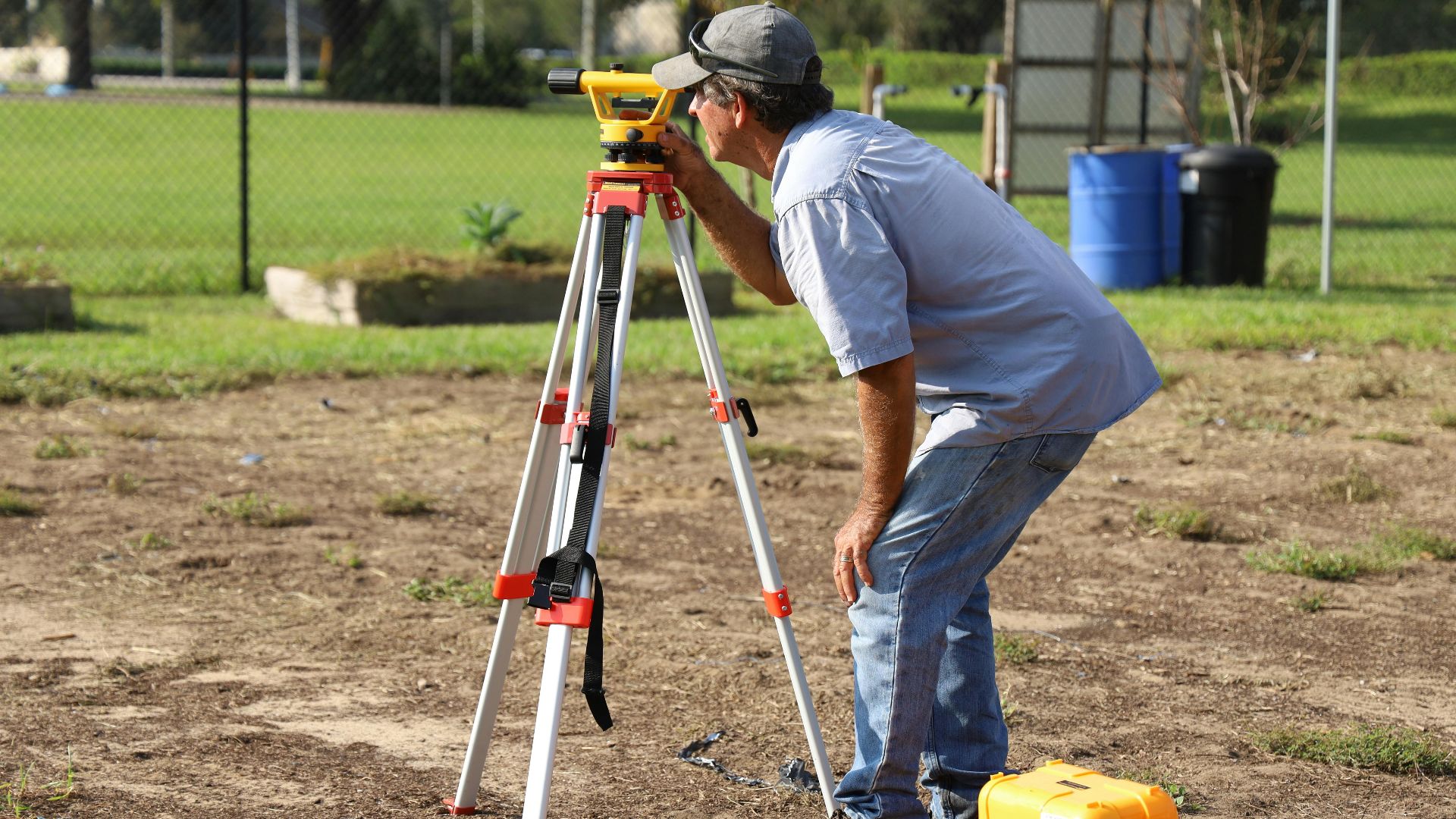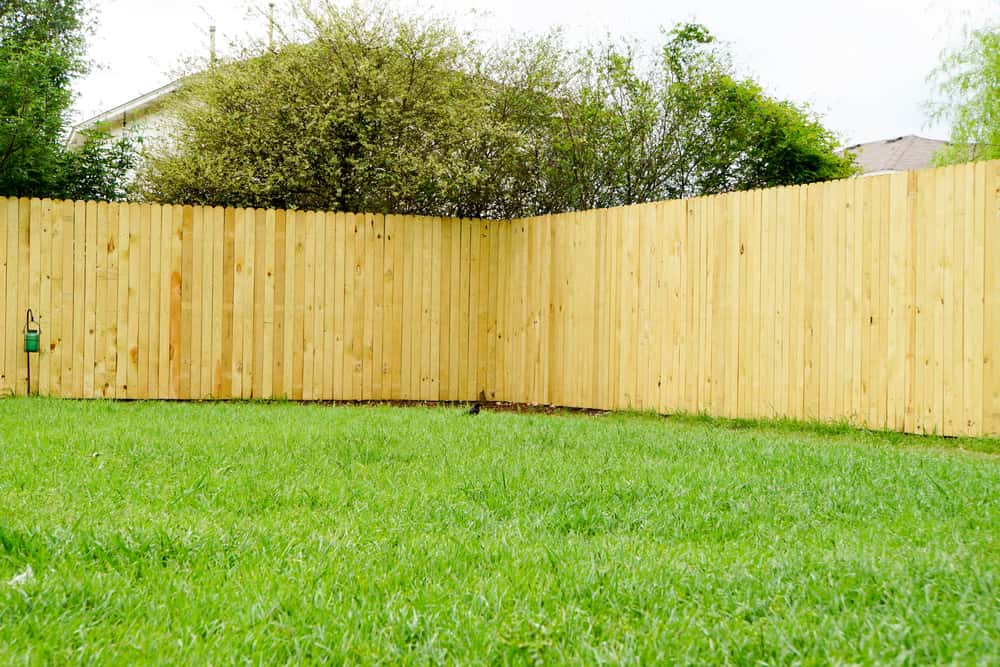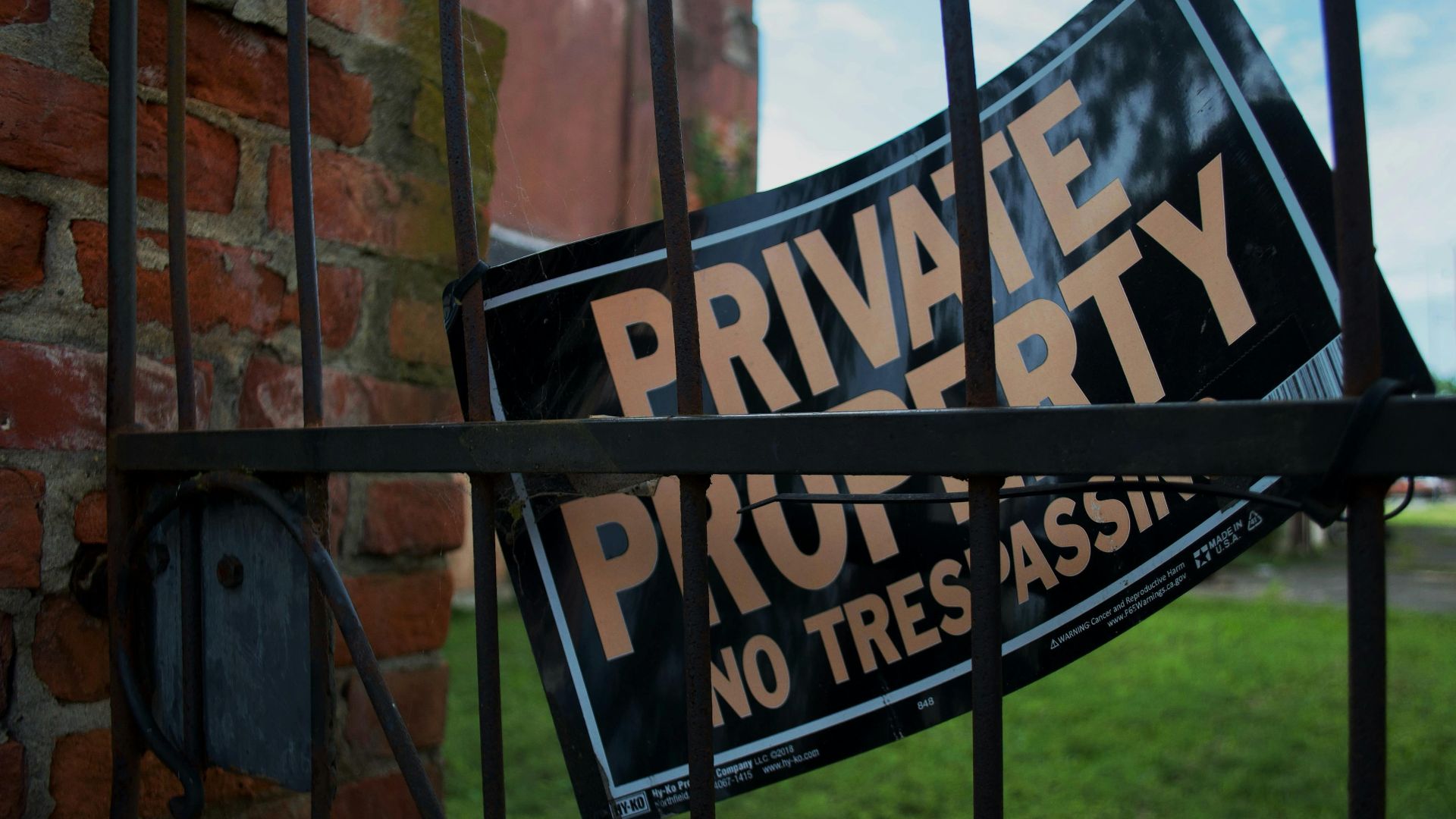When The Fence Becomes A Financial Fight
You come home one day, look at your yard, and realize something’s off. Your neighbor’s brand-new fence is sitting suspiciously far into your property line. You try to handle it nicely, but things spiral fast. Now you are knee-deep in legal bills and wondering, "Is this worth it, or am I just digging a deeper hole?"

How Boundary Mix-Ups Happen
Property line disputes are more common than most people think. Sometimes it is an honest mistake, like your neighbor relying on old maps or assuming a fence line equals a property line. Other times, it is pure audacity. Either way, even a few inches can become an expensive legal headache.
Why These Disputes Get Ugly Fast
What starts as a friendly chat can turn into a full-blown lawsuit before you know it. Pride, assumptions, and money make people dig in. Once lawyers get involved, the fees start climbing, and suddenly, your weekend landscaping project has turned into a five-figure courtroom war.
Step One: Make Sure You’re Actually Right
Before you go any further, get a professional survey. It is the single most important piece of evidence you can have. A licensed surveyor will mark the true property boundaries. If the survey confirms the fence is on your land, that’s your proof. Without it, you are arguing blind.
Step Two: Try To Talk Before You Sue
Even if you are furious, try to have one last conversation with your neighbor. Show them the survey and suggest a compromise. Maybe they move the fence, split costs, or sign an agreement acknowledging the mistake. If they refuse, at least you tried, and that effort looks good in court later.
Step Three: Check Local Laws And Ordinances
Many cities and counties have clear rules about fence placement, setback distances, and shared boundaries. You might be able to file a complaint with a zoning office or city inspector instead of going straight to court. Sometimes local enforcement can resolve things faster and cheaper than lawyers.
If You’re Already In Court
If the lawsuit is already rolling, now it is about damage control. Keep every document, email, and message between you and your attorney. Track every dollar you spend. Legal costs can balloon without you noticing, and having a paper trail helps you understand where the money is going and whether it is worth continuing.
Consider Mediation Before It Gets Worse
Courts often encourage mediation for boundary disputes. A mediator is a neutral third party who helps both sides find a solution. It is cheaper than court and can save you thousands in legal fees. Sometimes, simply having a calm professional in the room defuses years of neighborly tension.
Ask Your Lawyer About Settlement Options
If you are drained, financially or emotionally, talk to your attorney about possible settlements. Maybe you can sell that small strip of land to your neighbor or reach a deal that ends the lawsuit. Settling might sting your pride, but it can save you a mountain of debt and months of stress.
Think About Title Insurance
Check whether your homeowner’s title insurance covers boundary disputes. Some policies include limited protection for issues involving encroachments or legal defense costs. If it does, you may be able to recover some of your legal expenses or have part of your fees reimbursed.
Review Your Homeowners Insurance Too
Your homeowners insurance might help if the fence caused damage or if the dispute somehow led to vandalism, destruction, or trespassing. While it probably will not cover the lawsuit itself, it is worth asking. Insurance adjusters can sometimes find coverage you did not realize you had.
Keep Emotions Out Of It (As Much As Possible)
This one is tough. It is easy to feel angry or betrayed, especially if your neighbor was someone you used to wave to every morning. But getting emotional can make things worse. Stick to the facts and avoid confrontations. Every text, call, or comment could be used against you later.
Know When To Cut Your Losses
Here is the hard truth: Sometimes the cost of being right is higher than the value of the land in question. If legal fees are spiraling, ask yourself whether continuing is worth it. Dropping a case might feel like losing, but if it saves you tens of thousands, that is actually a smart win.
 Inside Creative House, Shutterstock
Inside Creative House, Shutterstock
Explore Legal Aid Or Fee Assistance
If you are struggling to pay your lawyer, look into local legal aid programs or state bar associations that offer pro bono or reduced-cost services. Some mediation programs are also government-funded or sliding-scale based on income. There is no shame in asking for help; these cases get expensive fast.
Could You Sell The Disputed Strip?
If the fence is on a small piece of land that does not affect your property’s function or value, selling that section might be a practical solution. It can turn a fight into a transaction and end the hostility. Of course, make sure your surveyor and lawyer handle it properly to avoid future confusion.
Document Everything For The Future
Even if you settle or lose, keep your survey, agreements, and court documents forever. These records will protect you if the issue resurfaces or if you sell your home later. Future buyers will appreciate that you handled the boundary clearly and legally.
Avoid Revenge Projects
It can be tempting to get even, plant a hedge, put up a private property sign, or let your dog bark at the fence all night. Do not. Retaliation just escalates tension and can even backfire legally. You want to look calm, reasonable, and cooperative, not petty or aggressive.
Learn From The Painful Process
This might not make you feel better right now, but you are not alone. Boundary disputes have drained bank accounts and ruined friendships for centuries. The key is learning from it. Next time, verify boundaries before building anything and keep detailed records of every agreement with neighbors.
Moving On Without Regret
Once the dust settles, focus on rebuilding peace and protecting your sanity. Maybe that means installing cameras, planting a buffer of trees, or just keeping to yourself for a while. The best victory is getting your life and financial stability back, even if your yard is a few inches smaller than you hoped.
You May Also Like:
The HOA keeps raising fees, and now I can't afford my mortgage. What are my options?
The neighbor's dog damaged our yard, and our insurance will not help. Should I take them to court?
























